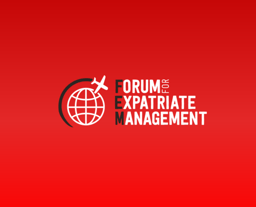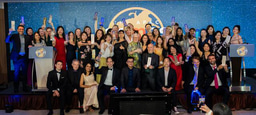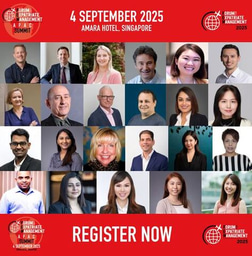Here’s Why We Should Send More Young Women on International Assignments

The 21st Century is an era of increasing equality, social integration and celebration of diversity. Yet, one topic in particular continues to rise to the surface, showing no signs of retreat – gender diversity. In a generation where millennials drive the future and bring crucial new insights to businesses, gender diversity is an issue far more imminent that you might expect.
Each year, Shield GEO publishes a series on gender diversity within international assignments. We started off by exploring the issue of gender disparity in the international assignment population, and identifying its root causes. Later we published a number of articles that sought to educate stakeholders on how to address this issue and mend the gender gap in global mobility.
This year, we actually put the issue to practice, which sparked our decision to write this article. In June, we sent one of our female employees, Stella Huang, on an international assignment to Europe for six months where she was given the flexibility to work from the London office or nomadically around Europe. Stella opted for a mix of both. While working nomadically, support becomes less immediate. Success requires strong business acumen, greater independence and self-discipline. These qualities are gender neutral, but far too often we see biased attitudes and assumptions being made that results in skewed selections of assignees.
A common myth about international assignments is that gender is something that should be considered. In our experience, gender was never a factor in Stella’s assignment. In fact, it would actually require some effort to even imagine circumstances where gender would be a legitimate consideration. This article will reflect on how Shield matched Stella to this opportunity, and delve into the inner thoughts of our female assignee.
The Issue
20%. This is the proportion of women within the total global mobility population as reported by PwC. Yet, the same study revealed that 70% of females are willing to work abroad. It is the subconscious biases of employers that lead to many high-potential women being pre-emptively excluded from international assignments and thus fall behind in accumulating the crucial skills needed for career growth. In the medium term, this will cause the gender gap to widen at the executive level, but the impact on an organisation is actually far more immediate than this. Why? The answer is in the millennials.
Sky-high demand by talented young females
The demand for international assignments by capable, female millennials like Stella, will soar in the near term. If organisations aren’t prepared to offer overseas opportunities to this cross-section of the workforce, they will fail to attract and retain talented females. So what is behind this urgency? It begins with a series of trends around higher education.
Education statistics for Australia, UK and the US reveal that the number of female university students outnumber male students. As of 2017, 55.5% of all university students in Australia and approximately 58% of all college students in the US were female. While students are seizing opportunities to study abroad more than ever before, you may be surprised to learn that the gender gap is actually reversed for overseas study.
Females comprised 66.5% of total US students studying abroad for the academic year 2015-2016, and this gender gap has existed for the last 10 years. The ERASMUS mobility program, one of the largest in the world supporting European students studying abroad, saw a similar gender gap across countries and subject areas (Böttcher et al. 2016). This clearly reflects the enthusiasm by young females to travel and gain a global perspective. What is even more surprising is that the percentage of females from elite American universities undertaking study abroad programs in Africareached as high as 90%. This is a testament against the myth in global mobility that some locations are less favourable for women. These study abroad experiences motivate young females, like Stella, to seek employment that can offer global opportunities. So, if organisations want to remain competitive, they must let go of gender-based biases and ensure that they are well-positioned to cater for this wave of skilled young women with overseas experience, entering the workforce.
Lack of role models in international assignments
Another issue is that there is a lack of female role models to normalise the experience of working abroad for other female employees. If we take studying abroad as an example, word of mouth is the biggest motivator for students to study overseas. Through hearing about the experience of others, students gain an understanding of what they can look forward to and any challenges they may face. This is precisely what is needed in global mobility at an organisational level. Prospective female assignees may look to these role models for support, to relieve any uncertainties and evaluate their own potential future success (Shortland 2014). Stella herself had role models who she sought influence from and through writing about her experience, she can stand as a role model for prospective female assignees.
Our Business Need
The role was initially created to satisfy a business need. A significant number of the employees that Shield onboards for our clients are based in Europe, yet our Implementation Consultants are located in Sydney, representing a 6-8 hour time zone difference. To facilitate faster client communication and a more efficient on-boarding process, we knew it was important to have an implementation consultant based in Europe. One option was to hire an employee based in Europe and train them remotely, but this would raise difficulties due to time zone differences. Our second option was to hire and train an employee locally, making clear the prospect that they may be deployed overseas to work into a new time zone. We chose the second path and this is where the opportunity for Stella sprung to life...read more
Shield GEO makes international employment simple. Our customers use Shield GEO to employ and payroll hundreds of workers in over fifty countries. Find out more.






Please sign in or register for FREE
Sign in OR sign up to become a registered The Forum for Expatriate Management website user
Subscribe here